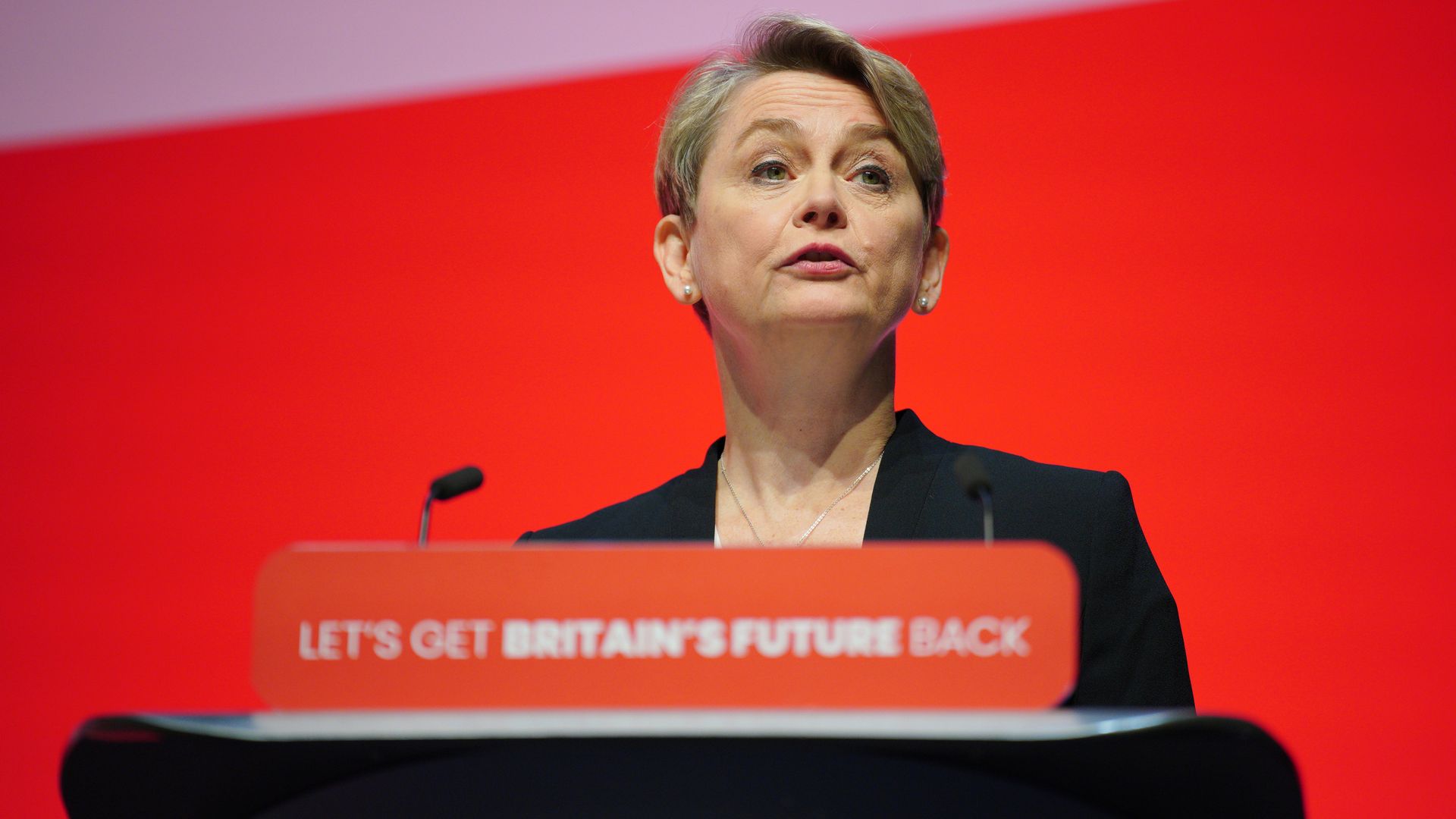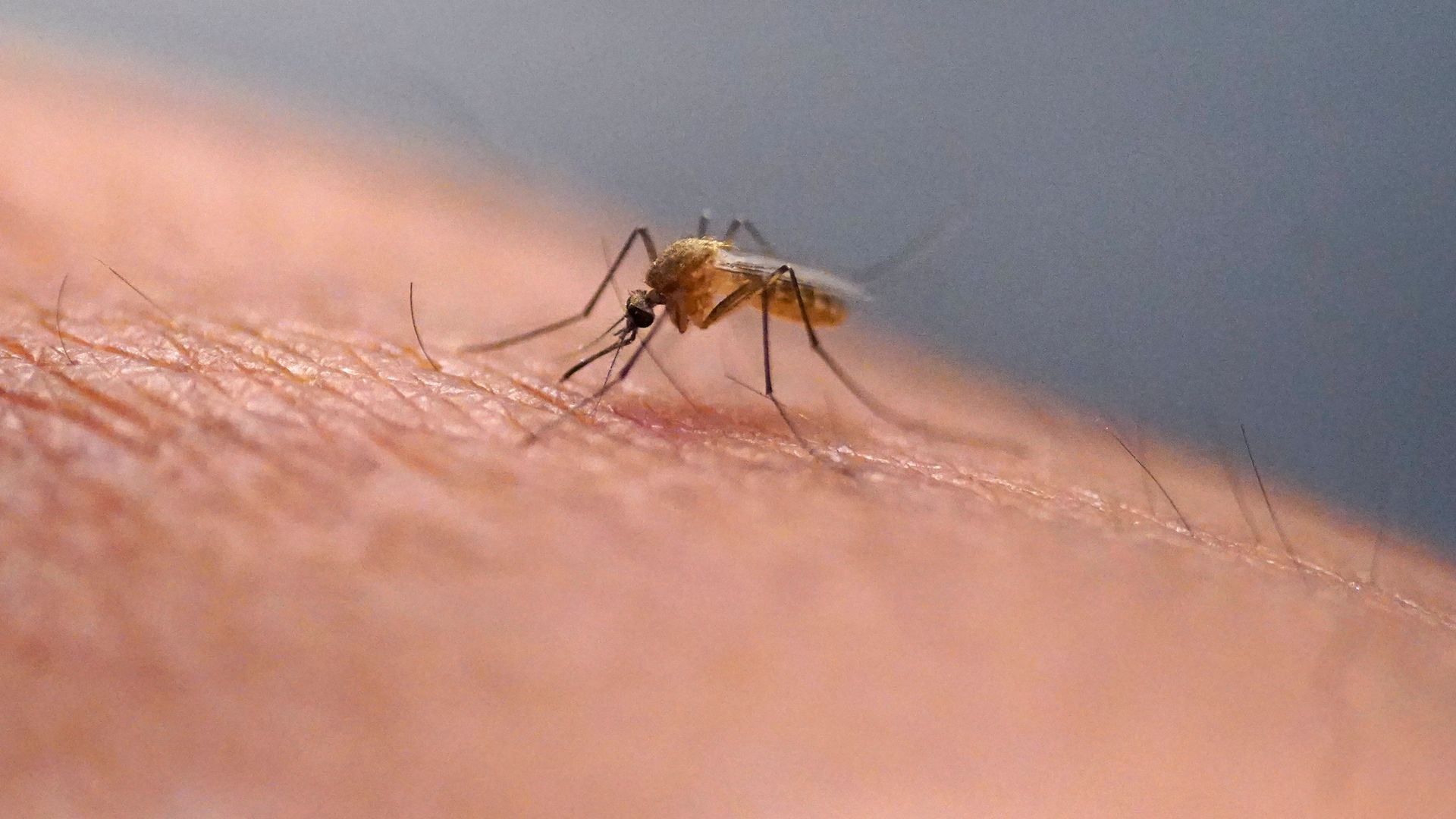After rising to Labour stardom under New Labour, Yvette Cooper was sidelined under Jeremy Corbyn. But she’s now seen a rapid return to the frontbenches.
Yvette Cooper was first elected in the 1997 Labour landslide; the previous incumbent was prised from a safe seat to afford her easy entry to the Commons.
Since then, she has been the first female chief secretary to the Treasury, where she was an advocate for a “feminist approach to economics”.
But she has also faced a turbulent time in opposition – after being relegated to the backbenches under Jeremy Corbyn; perhaps as a consequence of her public criticisms of him.
Most recently, in her role as shadow home secretary under Sir Keir Starmer, she has promised to run a “hands-on Home Office” with a focus on cutting crime rates.
Election latest: Farage’s Tory rival ‘sorry to hear’ about milkshake attack
Many people may also know her from her marriage to Ed Balls, Gordon Brown’s former top adviser and confidante. Ms Cooper and Mr Balls married in 1998, and soon became the ultimate power couple. Their marriage made them the first couple to sit in the government cabinet together. They have three children.
Left-wing candidate Faiza Shaheen resigns from Labour after being blocked from standing
Stephen Flynn: What you need to know about the SNP’s Westminster leader
Why Farage getting his dream of net zero migration would probably not be a good sign for the UK economy
A family with an impeccable Labour pedigree
Ms Cooper was born in Inverness in Scotland in 1969 but raised in the South East of England in leafy Hampshire.
She was born into a Labour family – her father was a union leader, and her mother was a maths teacher who initially came from a mining community.
Ms Cooper has previously spoken of how her father’s unionist values – whom she joined on marches in the early 1980s – have stayed with her throughout her political career.
First taste of politics… ‘I organised a prefect’s strike’
Ms Cooper attended state comprehensive schools as a child, but has admitted she got the political bug while there – over the issue of “white socks”.
She recalls feeling a sense of burning “injustice” when one of the male prefects came to school wearing white socks.
Please use Chrome browser for a more accessible video player
She made the decision to take away his prefect badge and send him “to the headmaster with our demands”.
The perfect career politician’s CV
Ms Cooper later attended Oxford University and read PPE – coming away with a first-class degree.
She was then awarded a Kennedy Scholarship in 1991 to study at Harvard University.
She finished her studies with a MSc in economics at the London School of Economics.
A varied early career
Ms Cooper’s first job was on a farm picking strawberries and driving a tractor.
She later embarked on a journalism career as lead writer of an economic column for The Independent.
‘I did not think I would end up as an MP’
It was 1992 in Arkansas where Ms Cooper made her first impact on the political scene, working on Bill Clinton’s successful presidential campaign.
At the same time, she was also working in the office of the then Labour leader John Smith, as an economic researcher.
Keep up with all the latest news from the UK and around the world by following Sky News
Ms Cooper was then chosen for the seat of Pontefract and Castleford in 1997 which she won with a majority of 25,725 votes, aged 28.
It’s remained a safe Yorkshire seat – although it was renamed Normanton, Pontefract and Castleford in 2010. In the 2019 general election, her majority was reduced to just 1,276 votes.
Time in the House of Commons
Ms Cooper quickly found herself working her way up the ranks in the Labour Party and was allocated her first position as parliamentary under-secretary in the Department for Health in 1999.
Please use Chrome browser for a more accessible video player
Ms Cooper then held multiple junior government roles under Tony Blair.
In 2001, she became the first minister to have a period of maternity leave – though some criticism was levelled at her for this, including being called “the Minister for Maternity Leave”.
In 2008, she was the first woman to be appointed as chief secretary to the Treasury, where she spent time highlighting the impact of the recession on women.
After the 2010 election defeat, she got the most votes of any Labour MP in the elected shadow cabinet and took on the role of shadow home secretary.
A tumultuous time in opposition
Ms Cooper faced a tumultuous time in opposition after she was relegated to the backbenches under Jeremy Corbyn’s leadership.
In 2015, she ran against Mr Corbyn in the campaign for the Labour leadership, sparked by the resignation of Ed Miliband.
👉 Tap here to follow Politics at Jack at Sam’s wherever you get your podcasts 👈
She accused Mr Corbyn, the only leftwinger on the ballot, of “bad economics” and policies which “[weren’t] credible”.
She came third with 17% of the vote.
Sir Keir Starmer makes her a frontline star again
Read more:
Farage sets out plan for ‘reverse takeover’ of Tory Party
Labour expected to drop two general election candidates
After Sir Keir was elected leader of the Labour Party, Ms Cooper soon saw the dynamic change within the party and was brought back to the frontbenches.
Ms Cooper was tasked with the role of shadow secretary of state for the Home Department – a position she has held since 2021.
In this role, she has set out a “five-point plan” for her department:
Ms Cooper has also claimed she would run a “hands-on Home Office” if she takes the reins after the election and would focus on cutting crime.





